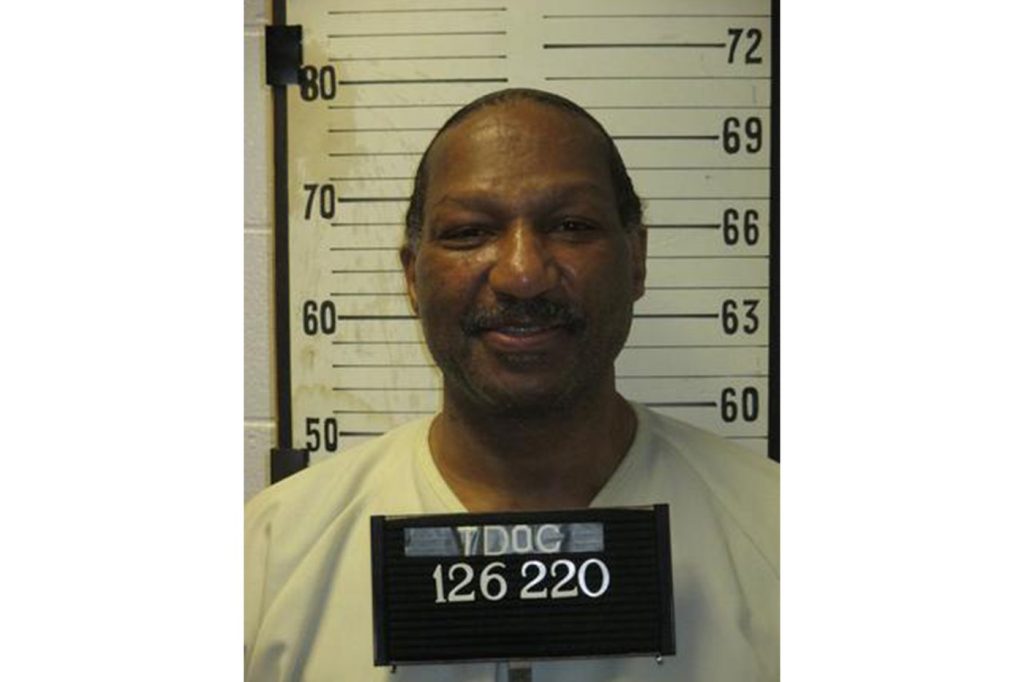NASHVILLE, Tenn. — A Tennessee death row inmate, Byron Black, will be executed without deactivating his implanted defibrillator, following a ruling by the Tennessee Supreme Court on Thursday. This decision overturns a previous order from a lower court, effectively allowing his execution to proceed as scheduled on Tuesday morning.
The state Supreme Court ruled that requiring the deactivation of Black's heart-regulating device constituted a stay of execution, which the lower court was not authorized to grant. This legislation raises significant questions regarding how the defibrillator will react during the lethal injection process, which will utilize the barbiturate pentobarbital.
Prior to this ruling, Davidson County Chancery Court Judge Russell Perkins expressed concerns that Black's implanted cardioverter-defibrillator could repeatedly shock his heart, potentially causing him unnecessary pain and prolonging his execution. In response to these concerns, Judge Perkins had ordered the state to deactivate the device shortly before the execution. However, he was also mindful of the possibility that Black could receive a last-minute reprieve; thus, he cautioned against deactivating it too early.
Initially, lawyers for the Tennessee Attorney General's office indicated that they would need to transport Black to Nashville General Hospital for the deactivation of the defibrillator, as the doctors there were reportedly unwilling to carry out the procedure at the execution chamber. However, the state reversed its position on Wednesday, acknowledging that hospital personnel would not participate in the deactivation process, regardless of the location. This refusal aligns with general medical ethics, which discourage involvement in executions.
The Tennessee Supreme Court’s ruling did not delve into whether the defibrillator would continuously shock Black's heart or whether that would inflict unnecessary suffering, which could violate both state and federal constitutional protections. The court left a window open for the state to deactivate the device if it can do so without interfering with the execution process.
Byron Black was convicted in the 1988 murders of his girlfriend, Angela Clay, age 29, and her two daughters, Latoya and Lakeisha Clay, ages 9 and 6, respectively. Prosecutors asserted that Black acted out of jealousy during the tragic incident at their home. Notably, at the time of the murders, Black was on work-release from prison, where he was serving time for a prior offense involving the shooting of Clay's estranged husband.
Kelley Henry, one of Black’s defense attorneys, stated she had not yet received the opinion from the Tennessee Supreme Court concerning the ruling. Meanwhile, a representative for the state Attorney General’s Office did not respond immediately to requests for comment regarding the case.
Black's motion to deactivate his defibrillator was part of a broader challenge he and other death row inmates filed against the state's new execution protocol. This legal battle is set for trial in 2026, raising further questions about the implementation and ethics of capital punishment in Tennessee.
____
Travis Loller, The Associated Press











